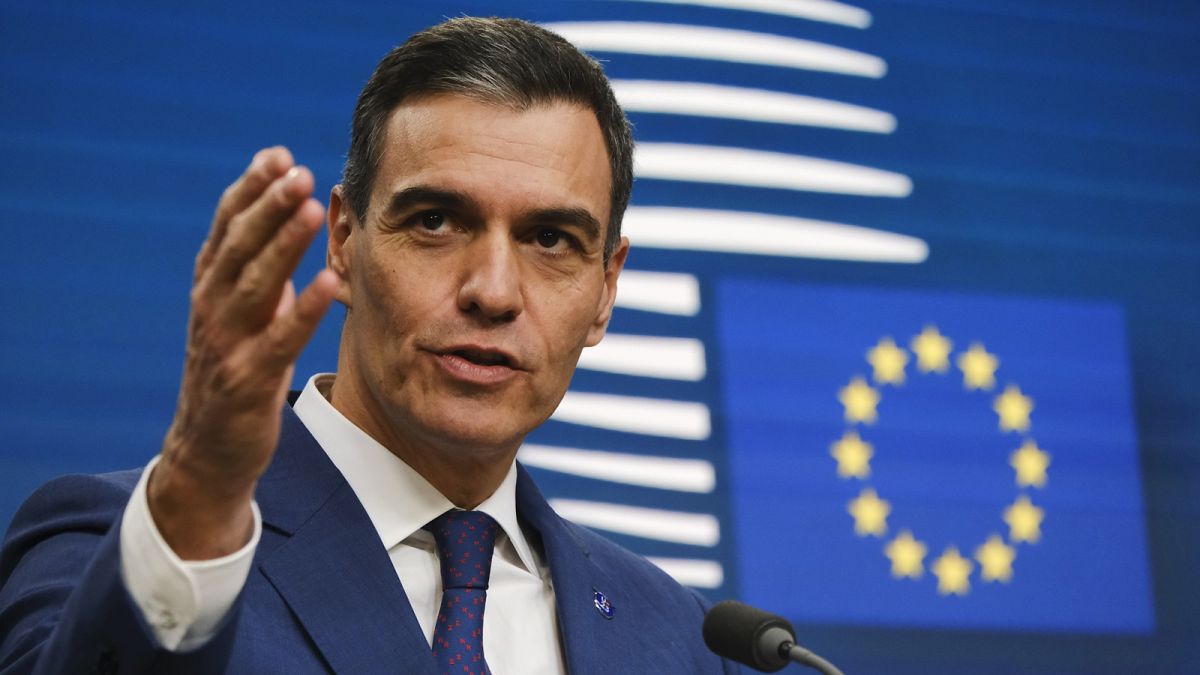The Spanish Prime Minister, Pedro Sánchez, has urged the European Union to reconsider the proposed import tariffs on China-made electric vehicles to avoid the escalation of a potential trade war. The European Commission found that Beijing’s subsidies were distorting the market, leading to artificially low prices for Chinese electric vehicles. This has put European competitors at risk and prompted the proposal of additional duties ranging from 7.8% to 35.3% on top of the existing 10% rate. However, Sánchez believes that it is crucial to build bridges between the EU and China instead of engaging in a trade war.
Sánchez’s statement represents a significant change in Spain’s usual support for the Commission’s actions. Spain, which previously voted in favor of the tariffs during a non-binding consultation, is now reconsidering its position. The upcoming vote on the tariffs is seen as a test of the EU’s willingness to stand up to China’s trade practices. While countries like France and Italy support the tariffs, Hungary is leading the opposition. Germany, under pressure from its local industry, has not yet made a decision. The EU requires a qualified majority to implement the tariffs.
China’s efforts to divide EU member states and thwart collective decisions are seen as a challenge to the EU’s unity and its ability to stand up to Beijing’s interests. The ongoing dispute over tariffs has also led to concerns about potential retaliation against European exports, particularly the pork sector. China has launched an anti-dumping investigation into pork imports from the EU, which could lead to trade restrictions affecting countries like Spain, the Netherlands, Denmark, Germany, and Belgium.
Sánchez emphasized the need for dialogue and agreement between the EU and China to prevent a trade war that would be detrimental to both sides. He expressed his hope for a compromise to be reached through constructive engagement between Brussels and Beijing. Despite the challenges, Sánchez acknowledged that Spain and China have more areas of agreement than disagreement and underscored the value of maintaining high-level dialogue to address trade imbalances.
The issue of tariffs on Chinese electric vehicles has also impacted other sectors, including European exports of brandy, which are under Chinese scrutiny pending the final EU vote on the tariffs. The situation highlights the complexity of trade relations between the EU and China and the need for a balanced approach to address trade disputes and promote fair competition. Sánchez’s call for reconsideration reflects Spain’s commitment to finding a diplomatic solution to the trade tensions between the EU and China while protecting its national interests, particularly in the agricultural sector.
In conclusion, the debate over tariffs on Chinese electric vehicles is a critical test of the EU’s unity and ability to address unfair trade practices. Sánchez’s appeal for dialogue and compromise underscores the importance of finding common ground between the EU and China to avoid a potentially damaging trade war. By reevaluating their positions and engaging in constructive negotiations, both parties can work towards a mutually beneficial solution that ensures fair competition in the global market. It remains to be seen how the upcoming vote will shape the future of EU-China trade relations and whether a compromise can be reached to resolve the current dispute.


























